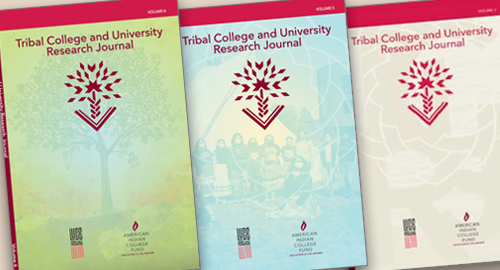The American Indian College Fund supports Senate Bill S. 1852, “the Native American Heritage Day Act of 2007,” which would designate the Friday after Thanksgiving to honor our Indian nations across the country and help highlight the contributions they have made to American history.
Throughout American history, Native Americans have made important contributions to the nation, society, and culture, including the modeling of the separation of powers amongst the branches of government in the U.S. Constitution after the structure of the Iroquois Nation; the role Sacajawea played as a guide and ambassador of peace to Lewis and Clark on their western expedition across the west to the Pacific coast; and the use of American Indian language by Native soldiers as weapons in both World War I and World War II to defeat American enemies. Hopi, Choctaw, Comanche, Kiowa, Winnebago, Seminole, Navajo and Cherokee Americans used their languages as a secret code, and in World War II, the Marines relied on Navajos to create and memorize a code based on the Navajo language.
Today Native Americans continue to live according to their own traditions and cultures, and are making greater contributions than ever before. More than 30 tribal colleges across the country are educating future accountants, doctors, lawyers, health care workers, educators, policymakers, and political leaders.
To recognize the past and present contributions of Native Americans would honor not only our ancestors, but those who are striving to make a better life for themselves and their people. It would also benefit the American people, who would learn more about Native people as a result.









